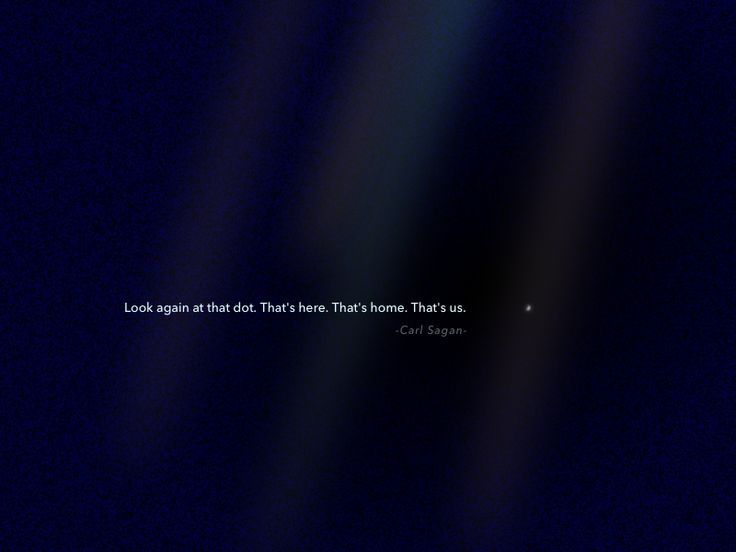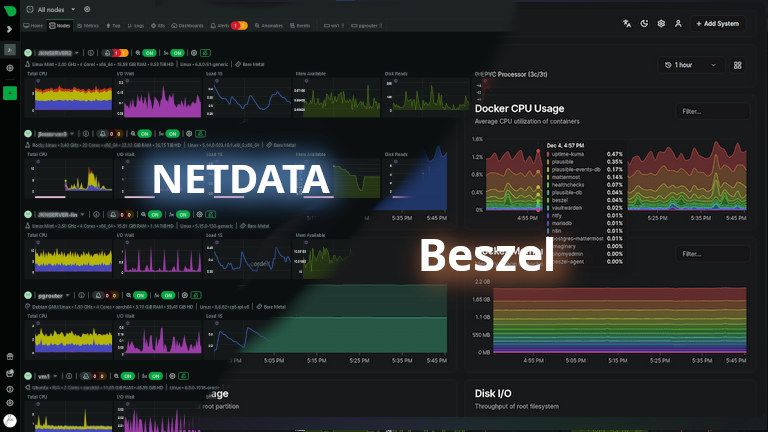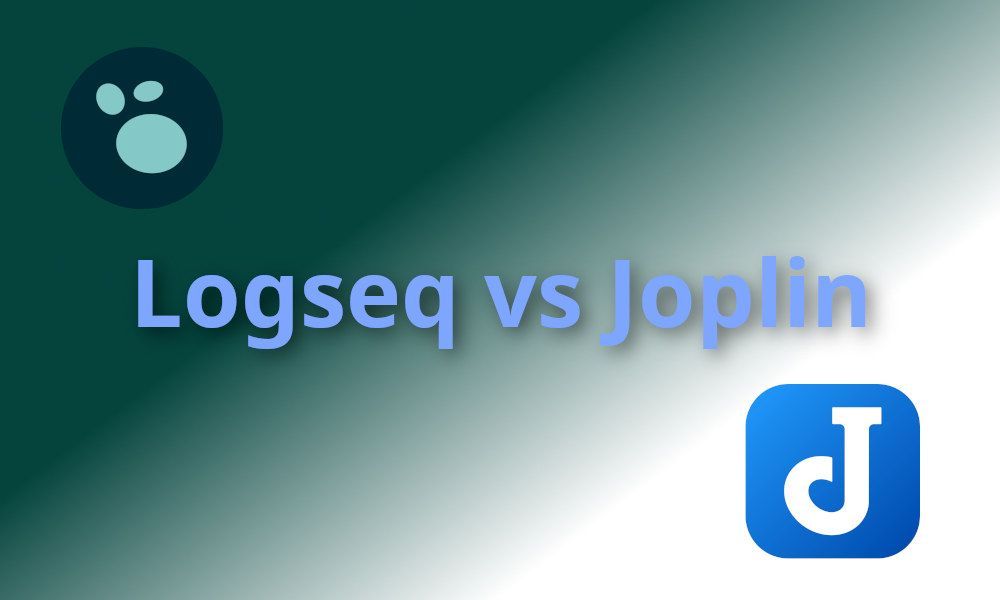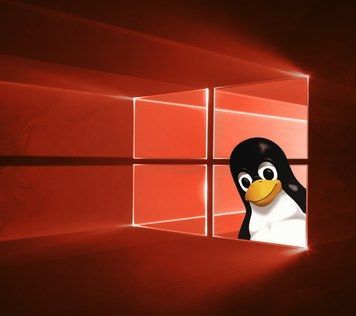
Originally published 9th November, 2014
Pada tahun 1977, sebuah kapal angkasa dilancarkan untuk meneroka planet-planet dan kawasan angkasa. Voyager 1 telahpun berjaya meneliti dunia-dunia berjiran kita, dan pelbagai fenomena angkasa lain. 13 tahun kemudian, setelah selesai misinya, Voyager dibiar meneruskan perjalanan ke angkasa luar buat selama-lamanya. Sebelum ia meninggalkan sistem suria kita pada tahun 1990, Carl Sagan meminta NASA menggunakan Voyager untuk mengambil satu gambar terakhir Bumi kita.
Gambar ini dinamakan ‘the Pale Blue Dot’.
Inilah dunia kita.
Padanya, setiap orang yang dicintai, setiap kawan dan kenalan, setiap manusia yang pernah wujud menghayati hidupnya di sini. Segala kebahagiaan dan sengsara, beribu-ribu agama, ideologi dan doktrin ekonomi, setiap pemburu dan penjelajah, setiap pahlawan dan pengecut, setiap pembina dan pemusnah tamadun, setiap raja dan hamba, setiap pemuda yang jatuh cinta, ibubapa dan anak, pencipta dan peneroka, setiap teladan moral dan penipuan, setiap bintang selebriti, setiap pemerintah teragung, setiap wali dan pendosa sepanjang sejarah kita telah hidup di sini – dunia kita yang halus bagai setitik debu.
Bumi kita hanya merupakan suatu pentas yang kecil di kalangan alam kosmik yang teramat besar. Bayangkanlah betapa ramai yang dikorban di bawah tangan tentera dan maharaja untuk memerintah buat seketika sebahagian kecil titik halus ini. Bayangkanlah pelbagai kezaliman yang tak terhingga yang dikenakan atas segelintir penghuni titik ini oleh segelintir penghuni yang lain. Betapa kerap kesalahfahaman mereka, betapa minat untuk membunuh satu sama lain, betapa sungguhnya kebencian antara mereka.
Sikap dan khayalan kami bahawa kita memegang suatu taraf istimewa di kalangan alam semesta, dicabar dan dikecam oleh titik cahaya ini. Bumi kita hanya merupakan suatu titik sunyi yang diselubungi kegelapan. Malah, dalam kesunyian ini, tiada sebarang tanda bahawa kita akan diselamatkan.
Bumi kita adalah satu-satunya dunia, setakat ini, yang berupaya menampung makhluk hidup. Tiada tempat lain yang sesuai untuk kita berhijrah. Kita hanya mampu menziarah, bukan menetap di dunia lain. Buat sementara, kita mesti bertahan dan menabahkan diri di Bumi ini sahaja.
Ada dikatakan bahawa bidang astronomi adalah suatu pengalaman yang menghambakan diri. Gambar dunia kecil kita ini amat sesuai menggambarkan kebebalan dan keangkuhan manusia. Bagi aku, ia menekankan tanggungjawab kita untuk memupuk kemesraan antara satu sama lain, dan memelihara satu-satunya dunia kita ini – yang sehalusnya titik cahaya.
– Carl Sagan (1934-1996)
#science #space #carlsagan #malay #astronomy





